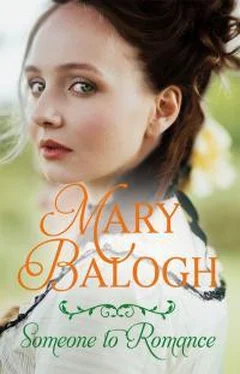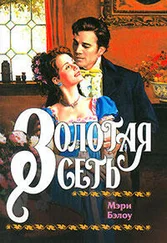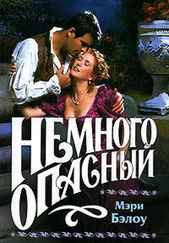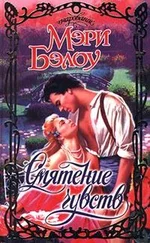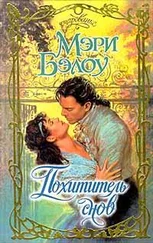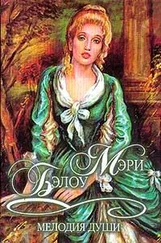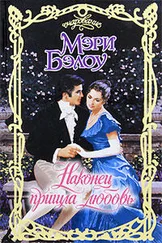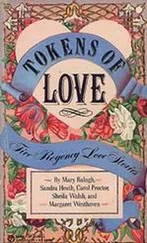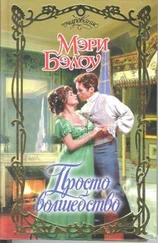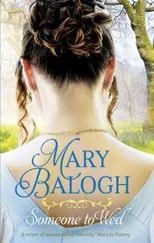And the party continued.
Aunt Matilda hugged Gabriel tightly, seemingly unconcerned about the tears that trickled down her cheeks. “Thank you, Gabriel,” she said. “Thank you for playing just because I asked you to. If you want, I will adopt you. Charles will not mind.”
And they both laughed as they hugged, and Jessica lost the battle with two tears.
It was only the start of an emotional hour, of course.
It was never easy to say goodbye.
Even though, as Uncle Thomas pointed out with cheerful gruffness, goodbye very rarely meant forever.
Twenty-three
The goodbyes had been said—inevitably a small crowd had gathered outside the hotel to see them on their way—and Gabriel’s carriage had left London and taken the road north.
They had not spoken since leaving the hotel behind. Gabriel had left Jessica to her thoughts, going only so far as to take her hand in his and hold it on his thigh. Her shoulder was leaning against his. It had been an emotional leave-taking, of course. Even he had been a bit choked over the hugs and backslappings and good wishes of people he had never even heard of a mere few weeks ago. And of those from Sir Trevor and Lady Vickers. It was understandable that Jessica needed a little time to compose herself. It must be some consolation to her, though, that her mother and brother and sister-in-law had promised to pay them a visit sometime during the summer.
He looked into her face at last. “I am sorry,” he said.
“Sorry?” She gazed back at him.
“For taking you away,” he said. “Life is sometimes cruel to women.”
“But you were taken away from your life in Boston,” she said. “It was a choice you made, Gabriel. Just as it was my choice to marry you.”
“I do not know quite what we are facing at Brierley,” he told her. “It is a long time since I was there. And I was never happy there, you know.”
“I do know,” she said. “Are you fearing that your memories and perhaps the collective memories of your neighbors will wear us down and make it impossible for us to be happy there?”
He had been fearing just that, but hearing it put into words made him sound very weak. He just could not think of Brierley with any sort of joyful anticipation, though.
“I want so much to make you happy,” he told her.
“Then do it.”
“Very well.” He smiled and glanced at the pink rosebud that lay on the seat opposite. “I may not be able to find you a rose tomorrow.”
“Then pluck a daisy for me,” she said. “It is not the roses that make me happy, Gabriel. It is the fact that you give them to me. That you care a little bit.”
He turned his head to look out the window.
“Gabriel,” she said. “We will make our own memories at Brierley. From the moment we arrive there. It is our home. The space is ours. The servants and neighbors and potential friends are ours. The future is ours. The past is gone. The future is bright if we want it to be. And the present is lovely. We are together.”
“Is it lovely?” he asked, looking at her. “I have just taken you away from your family.”
“You are my family,” she said.
And, ridiculously, he felt the heat of tears prick at his eyes. It seemed to him that he had spent most of his life without family. Since he was nine years old. And only briefly had he found it with Cyrus. He had spent most of his life lonely, though he had rarely called it that.
He was not normally a self-pitying man.
Now he had a family. Jessica. The Westcotts. Sir Trevor and his wife—and Bertie. Mary.
“My uncle had daughters,” he said. “They are my first cousins. They all married years ago. They probably have grown children.”
“I will write to them during my first week at home,” she said.
At home . She meant Brierley.
“I will invite them to come and visit us,” she said.
“Philip had a wife,” he said, “and two daughters. Mary mentioned in a letter some years ago that they had returned to her family and that she had remarried.”
“I will write to her,” she said. “We are almost never quite alone, you see. Not unless we choose to be.”
“You will be a good countess,” he told her. “It is why I married you.”
“I will not disappoint you.” Her tone sounded a little brisk even though she smiled.
“But I persuaded you to marry me under false pretenses,” he said.
“Oh?” Her eyebrows were up. She looked haughty. It was an expression of self-defense, he realized.
“I think,” he said, “I fell in love with you at Richmond Park when you scolded me for seeing nothing when I looked at you but Lady Jessica Archer. When you demanded that if I wanted a chance with you, I must romance you. I am still not sure that word is a verb. I had no idea how to go about doing it. I still do not. I am a dull fellow, Jessie. But I fell in love and have not fallen out since. Indeed, I have fallen so far in that I am quite certain I am a hopeless case.”
She snatched her hand away, turned sharply on the seat so that her knee was pressing against the side of his leg, and crossed her hands over her bosom.
“Gabriel!” she exclaimed. “You idiot !”
“Yes, I know,” he said, grimacing ruefully. “But it need not matter. We will still do a good job as earl and countess. We will still make a happy home, for ourselves and, if we are so blessed, for our children. We will—”
“Gabriel!” she said. “You are a double idiot.”
He stopped talking. He looked warily at her. Had he gone and ruined everything? He had hoped she might be cautiously pleased.
She pointed a finger at his chest and waggled it as she talked.
“If you do not tell me and show me every single day for the rest of our lives that you love me,” she said, “I will leave you and go home to my mother. Or else I will go about performing my duties with a permanent pout. And if I do not tell you and show you the same thing every day, then, then—Oh, stop!”
Because he was laughing, at first quietly and then helplessly.
“Stop it!” she said when he set one arm about her shoulders and the other under her knees and lifted her across him to set her on his lap. “Stop it this minute, Gabriel.”
But she was laughing too, and they were still laughing when he kissed her.
“Stop it,” she said against his mouth.
He kissed her more deeply, and laughter subsided as she wriggled one arm from beneath his and wrapped the other about his neck.
“No, never, Jessie,” he told her when he came up for air. “Never, ever. I plan to keep on kissing you for the rest of our lives.”
“Well, there go all our other plans,” she said. “There is to be only kissing all day, every day, for the rest of our lives?”
“Don’t forget the nights,” he said.
“You are absurd,” she told him.
“I know,” he said. “I love you. Kiss me.”
She laughed. “You are still absurd, Gabriel. I love you too. I do. I really do.”
And she kissed him.
Laughter and absurdity were both forgotten long before they stopped.
Only love remained.
READ ON FOR AN EXCERPT FROM THE NEXT BOOK
IN MARY BALOGH’S WESTCOTT SERIES,
Someone to Cherish
COMING IN 2021
Lydia Tavernor was seated in one corner of Hannah and Tom Corning’s parlor, listening to the conversation of the people around her but not, at the moment, at least, participating in it. She was conscious of an inner welling of contentment as she looked about at the familiar faces of her fellow villagers and of a few people from somewhat farther afield. It was not exactly a party and was not a particularly large gathering, so Lydia was even more pleased, therefore, to have been included on the guest list for what Hannah had described as “an evening of cards and conversation with tea and cake.” The card games were over, and the guests were enjoying cake and pastries and tea while exchanging news and opinions and even a bit of good-natured gossip.
Читать дальше
